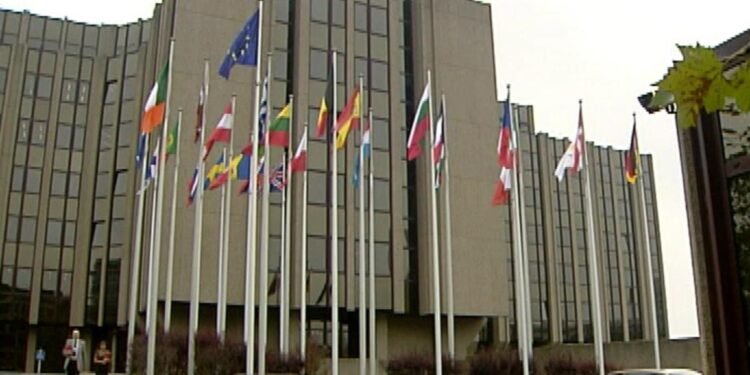Belgium (Brussels Morning Newspaper), Despite recent improvements, the EU’s multibillion-euro funding for refugees in Türkiye could have achieved greater value for money and shown more impact, according to a new report by the European Court of Auditors.
The ECA, the EU’s financial watchdog, says that although the €6 billion Facility for Refugees in Turkey has addressed the needs of refugees and their Turkish host communities, the funded projects are behind schedule, and it is uncertain whether they will be sustained once EU support runs out.
Türkiye’s geographical location makes it an important country for the reception and transit of Europe-bound refugees.
Over the last decade, it has seen their numbers rising, which poses increasing challenges for social cohesion, adds the Court.
The country currently hosts more than four million registered refugees, including more than 3.2 million of Syrian origin; fewer than 5 % live in camps. In 2015, the EU set up the Facility to channel and coordinate €6 billion of humanitarian and development aid to the country. The Commission has been managing the aid in the context of Türkiye’s economic downturn and deteriorating relations with the EU, also due to backsliding on the rule of law and fundamental rights.
“In a challenging political context, the EU’s Facility for Refugees in Turkey provided relevant support for refugees and host communities”, said Bettina Jakobsen, the ECA Member who led the audit. “But there could be more value for money and more impact, and it is far from certain what will happen with the projects in Türkiye after EU aid runs dry.”
The ECA statement said, “Acting on recommendations the auditors had already made in 2018, the Commission improved the way the Facility works. To address past criticism, it significantly improved the projects that provide cash-assistance to refugees, leading to savings of about €65 million. In addition, it reduced administrative costs, meaning that more money could go to final recipients. However, the Commission failed to systematically assess whether project costs were reasonable, a failure which puts their efficiency at risk.
“Overall, EU aid ensured swift funding and significant investment to alleviate the pressure on health, education and municipal infrastructure caused by the high influx of refugees into the country, and to avoid tensions on the labour market. However, the development projects suffered major delays for different reasons, such as stricter construction rules, the COVID-19 pandemic, and rising inflation. The devastating 2023 earthquakes in the country had a significant impact on the projects, too, although the Commission’s response was swift.
“The planned projects, such as job-training and business-assistance for refugees, were generally delivered. However, monitoring was insufficient, as it stopped short of measuring impact. For example, there was no follow-up regarding the refugees’ subsequent employment or business status. Similarly, new schools for refugees were built, but the auditors were unable to obtain sufficient data from the Turkish ministry to assess their impact on beneficiaries,” it goes on.
The sustainability of EU interventions and Türkiye’s co-ownership are of paramount importance, so the Commission is working on handing over projects to the Turkish authorities, it adds.
“However, it has only managed to ensure the sustainability of infrastructure projects such as schools and hospitals, but not of socio-economic support (i.e. jobs), while its flagship education and health projects are not sure to continue without EU support.
“The EU executive also tried to improve the operating environment for international NGOs, but the national authorities’ lack of political will dampens the impact of its efforts.”




